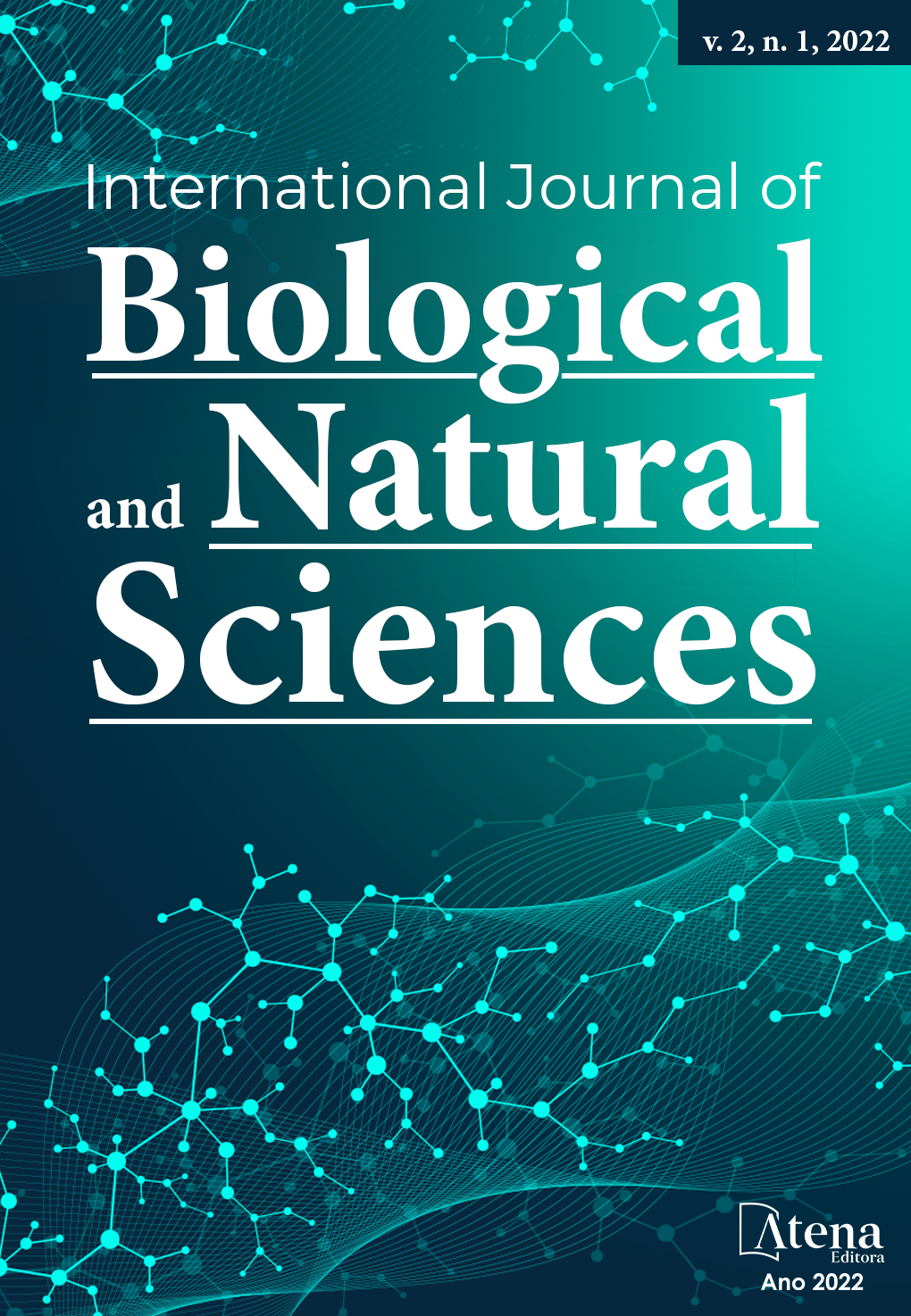
ANTIMICROBIAL POTENTIAL OF BYRSONIMA INTERMEDIA IN ISOLATES FROM THE INDUSTRIAL FERMENTATION PROCESS
The traditional industrial fermentation process to obtain bioethanol takes place in a favorable environment not only for the action of yeast, but also for the development of undesirable microorganisms that end up compromising production by consuming the raw material, producing inhibitory substances, altering the ideal conditions. of the process, metabolize the ethanol produced among other actions. The great challenge is to control the invaders, without affecting the action of the selected yeasts. In this sense, the present study sought natural and viable forms of control with the use of plant extracts, minimally affecting the environment and allowing the subsequent trade of by-products generated by leaving no residues. The aqueous and hydroalcoholic extracts of Byrsonima intermedia, a plant from the Brazilian cerrado. For the analyses, the plant extracts were solubilized in water. Bacterial contaminants were isolated from material from the yeast treatment vat from three different production units in the Jaboticabal region and also from a fermentation process carried out at Fatec Jaboticabal. It was possible to verify that the extracts showed greater action on the bacterium S. aureus regarding E. coli and also showed effectiveness on the four groups of isolated bacteria. The action was verified for both the hydroalcoholic extract and the aqueous extract, with similar values. In the test carried out with the isolated yeasts, the formation of inhibition halo was not observed for any of the evaluated extracts. The results were encouraging, revealing that the extracts have potential of antibacterial action to meet the needs of the sugar-energy sector.
ANTIMICROBIAL POTENTIAL OF BYRSONIMA INTERMEDIA IN ISOLATES FROM THE INDUSTRIAL FERMENTATION PROCESS
-
DOI: 10.22533/at.ed.813212214013
-
Palavras-chave: Vegetable extract. Antimicrobial. contaminants. Fermentation.
-
Keywords: Vegetable extract. Antimicrobial. contaminants. Fermentation.
-
Abstract:
The traditional industrial fermentation process to obtain bioethanol takes place in a favorable environment not only for the action of yeast, but also for the development of undesirable microorganisms that end up compromising production by consuming the raw material, producing inhibitory substances, altering the ideal conditions. of the process, metabolize the ethanol produced among other actions. The great challenge is to control the invaders, without affecting the action of the selected yeasts. In this sense, the present study sought natural and viable forms of control with the use of plant extracts, minimally affecting the environment and allowing the subsequent trade of by-products generated by leaving no residues. The aqueous and hydroalcoholic extracts of Byrsonima intermedia, a plant from the Brazilian cerrado. For the analyses, the plant extracts were solubilized in water. Bacterial contaminants were isolated from material from the yeast treatment vat from three different production units in the Jaboticabal region and also from a fermentation process carried out at Fatec Jaboticabal. It was possible to verify that the extracts showed greater action on the bacterium S. aureus regarding E. coli and also showed effectiveness on the four groups of isolated bacteria. The action was verified for both the hydroalcoholic extract and the aqueous extract, with similar values. In the test carried out with the isolated yeasts, the formation of inhibition halo was not observed for any of the evaluated extracts. The results were encouraging, revealing that the extracts have potential of antibacterial action to meet the needs of the sugar-energy sector.
-
Número de páginas: 14
- Mariana Carina Frigieri


